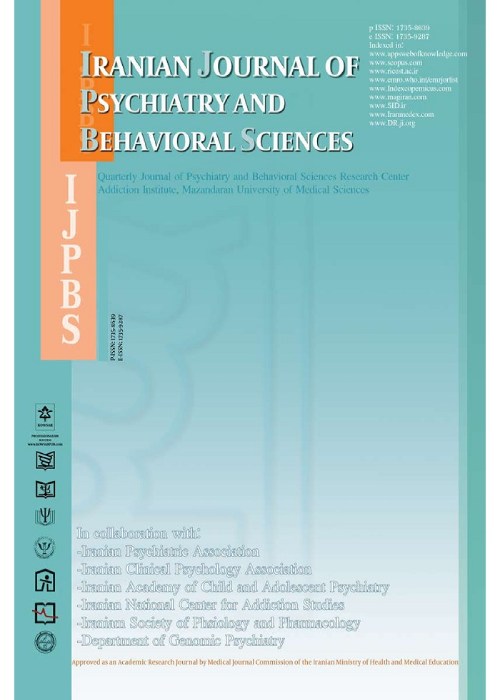Effect of Facial Emotional Feedback Through Facial Electrical Stimulation on Mood Change and Its Clinical Application in Participants with Mild Depression: A Multiple Baseline Case Study
The facial feedback hypothesis proposes that facial expressions influence people’s emotional experiences.
The current study, conducted in 2022, aimed to investigate the impact of facial feedback on the nature and magnitude of changes in emotion, mood, and cognitive-emotional factors among individuals with mild depression. This was achieved through the use of electrical stimulation of the facial muscles. This study aimed to investigate the impact of bilateral electrical stimulation on the frontalis muscles (which act as inhibitory muscles of the corrugator) and zygomaticus muscles on the emotions and moods of individuals with mild depression.
In a single-subject experimental study with multiple baselines, six individuals with mild depression underwent daily sessions of facial electrical stimulation for 28 consecutive days. The stimulation was administered at two different sites, with three different baseline periods of 3, 6, and 9 days at each site. Specifically, three participants received electrical stimulation of the zygomaticus muscle, while the other three participants received electrical stimulation of the frontalis muscle. Visual analysis (diagrams and figures), within-phase examination, and between-phase examination were used to analyze longitudinal data using mixed model analysis (P < 0.05).
Mixed model analysis revealed significant changes in negative affect (P = 0.019), mood (P = 0.017), depression (P = 0.005), and symbol search (P < 0.001) among participants who received frontalis muscle stimulation. Additionally, the mood of participants who received zygomaticus muscle stimulation showed significant changes (P = 0.047) from pre-intervention to post-intervention. At the intervention and follow-up stages (one month after the last intervention session), all three participants who underwent frontalis muscle electrical stimulation met the standardized recovery criteria established by Segger et al. The reliable change index was measured at 8.46. A qualitative analysis of the depression scores revealed a significant difference in the post-intervention phase when frontalis muscle electrical stimulation was applied. Participants 4, 5, and 6 scored 9, 11, and 8, respectively.
This preliminary study provides empirical evidence on using electrical stimulation of facial muscles to reduce negative mood and depression. Given the various factors that play a role, more research and focused controlled studies are needed to test these findings.
- حق عضویت دریافتی صرف حمایت از نشریات عضو و نگهداری، تکمیل و توسعه مگیران میشود.
- پرداخت حق اشتراک و دانلود مقالات اجازه بازنشر آن در سایر رسانههای چاپی و دیجیتال را به کاربر نمیدهد.


